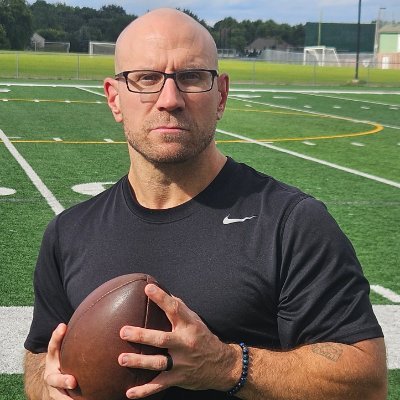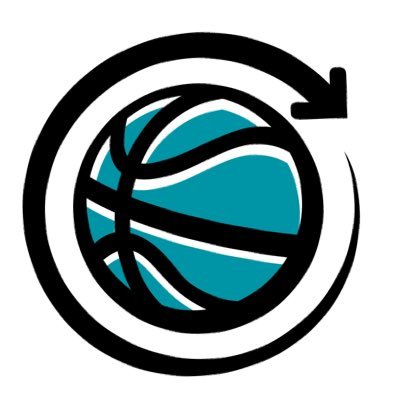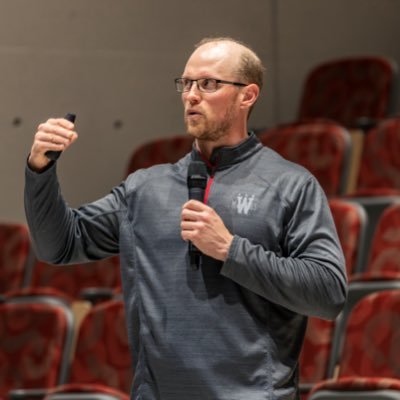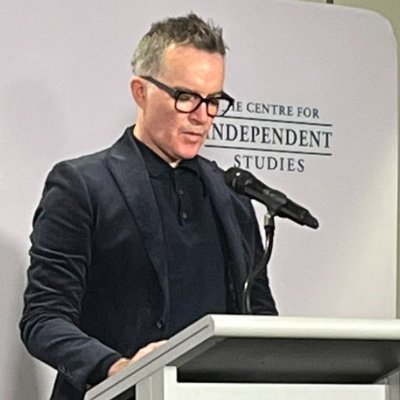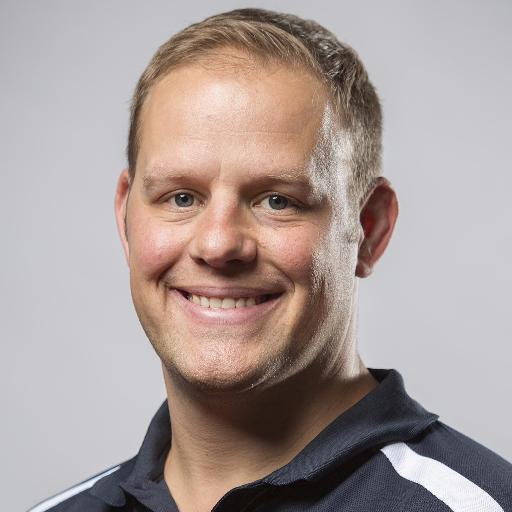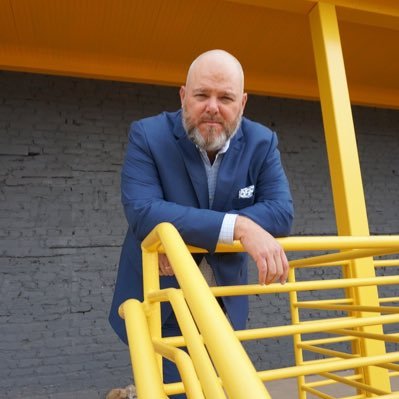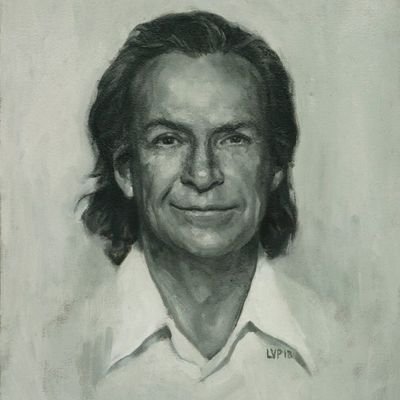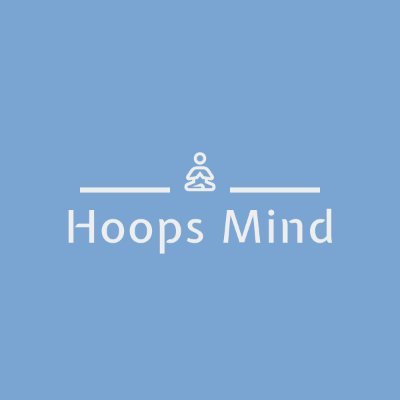
Hoops Mind
@HoopsMind
Followers
655
Following
4K
Media
172
Statuses
5K
Improve your game through your breath. Listen to our basketball imageries to make mindfulness more accessible.
Joined August 2020
Visualization and guided imageries has helped Harrison Barnes enjoy a breakthrough season, posting career highs in several categories. More importantly, it has helped him off the court as well. 💯 You too can enjoy the same benefits. https://t.co/XY0GaWO4Yc
2
4
11
New study on empathy training 🧠💬 Barata et al. (2024): 🎯 Deliberate Practice > Traditional lectures 📈 Practice group improved empathy after 2 sessions 🕰️ Gains came with feedback + repetition Even empathy can be trained — with design and intention. https://t.co/daTt1sQB7N
0
0
1
Super-elite vs elite batsmen 🎯 🔹 Super-elite = more random/varied practice (age 16) 🔹 Adapted quicker across levels 🔹 Thrived under greater challenge https://t.co/3cnC4WlMSb
0
0
0
What separates expert coaches from novices? Roca et al. (2022) found: ⚽ Skilled coaches → analyze, evaluate, plan. ⚽ Less-skilled → just watch events unfold. 🧠 Experts made 3× better half-time decisions. Coaching expertise = thinking expertise. https://t.co/4rXrrsonQw
0
0
0
Why getting better at teaching is hard: 1️⃣ Knowing–doing trap → knowledge ≠ change 2️⃣ Discuss’n’reflect trap → talking ≠ practicing 3️⃣ Big-and-rare trap → once-a-term ≠ once-a-fortnight Little-and-often professional development (like instructional coaching) wins every
Peps Mccrea identifies 3 common teacher development traps: knowing-doing gap (knowledge that can't be applied), discuss'n'reflect trap (too much talk, not enough practice), and big-and-rare trap (infrequent large sessions vs regular small improvements). Suggests instructional
0
0
0
Why do some athletes improve faster? Young, Baker & Radowits (2025) outline a 3-level model: 1️⃣ Direction of effort — traits & motivation 2️⃣ Duration — perseverance & self-control 3️⃣ Quality — self-regulation & focus Talent emerges where traits meet training quality.
0
0
0
High-performance sport is evolving 🧠 A skill acquisition specialist bridges science + coaching, designing “alive” training that mirrors real game problems. They turn repetition into adaptability and connect silos across coaching, science, and medicine.
"The Skill Acquisition Specialist is responsible for assessing and supporting the design of practice environments where learning, skill evolution, and performance are maximized. By understanding and applying contemporary skill acquisition theory (i.e., an ecological dynamics
1
1
4
“Fundamentals first” sounds logical, but the game doesn’t work that way. You don't need to master any basics before playing the game. Players never move as they do in drills. They adapt and self-organize. Start with problems, not positions and lines. Use constraints, not
Many still believe kids need to master “fundamentals” before they can play. This blog challenges that myth and shows why a nonlinear pedagogy offers a better path forward. https://t.co/oLvFd6ujjX
0
2
6
Why I am a big fan of this quote and approach Montreal Canadiens coach, Martin St-Louis: “I don't coach a lot of players with the puck, I coach the other four players without the puck. The puck is in the present, the four other players are the future."
New on the Hockey Tactics Newsletter: What did Gretzky mean, when he said "go where the puck is going to be"
3
22
186
“Hey coach, I’m not feeling confident right now” “On a scale of 1-10 how confident are you?” “4” “4? Great. Why so high? Why not 2? What’s working? What moments of great play have you had recently?” “Some great passes. And that delivery into the area last week was one of my
0
2
21
✔ Adjust the teaching, not the expectations. Keep the bar high and adapt the support, not the goal. ✔ Reteach, don’t just repeat. If one explanation doesn’t land, try another. ✔ Slow down to speed up. Checking for understanding now saves reteaching later. ✔ Make excellence
0
0
0
Learning doesn’t happen in a straight line. It’s messy, uneven, and invisible. Which means great teaching isn’t about control, it’s about responsiveness. Dr. Carl Hendrick outlines how the best teachers (and coaches) read learning in real time and adapt with precision. The
1
0
0
FA psychologist @DrKateHays 4 questions for sustainable success 🧠🏆 1️⃣ Who are we? 2️⃣ Why are we here? 3️⃣ How do we play? 4️⃣ How do we win? Performance + well-being aren’t separate — thriving drives winning. “There is always change. Keep readjusting, reflecting,
theguardian.com
Kate Hays, the sports psychologist assisting the Lionesses in their Euros defence, offers an compelling blueprint for sustainable performance
0
0
0
Why do some teams thrive during change while others freeze? 🧘♂️ MIT Sloan research: mindful leaders outperform because they 1️⃣ Stay calm amid uncertainty 2️⃣ Regulate emotions — theirs & others’ 3️⃣ Turn fear into focus Change needs more presence, not more pressure.
sloanreview.mit.edu
Focused, emotionally aware managers are better equipped to lead in times of organizational change, research finds.
0
0
0
“You have to remove your ego as the coach who gives solutions and replace it with someone more important — the coach who strategically places obstacles in a player’s way and forces them to self-organize to conquer it.” Love this quote from Joe Boylan 👇 https://t.co/yPOaX9xcwJ
nytimes.com
The Constraints-Led Approach doesn’t just apply to basketball. It's a philosophy that can apply to managers and leaders in many fields.
1
4
11
“The only sustainable edge is learning faster than your competitors.” — Peter Senge 🧠⚡️ The best teams aren’t the ones with the best plan, they’re the ones that learn and adapt the fastest. Design feedback loops. Reward reflection. Train adaptability. That’s the real
0
0
2
A team that never argues is not a healthy team; it's a team that has prioritized being comfortable over being excellent. Productive friction is the engine of progress. Without it, you're just a group of people quietly agreeing to be mediocre together.
0
4
15
Intelligence isn't the ability to remember and repeat, like they teach you in school. It is the ability to learn from experience, solve problems, and use our knowledge to adapt to new situations.
89
794
4K
Preseason = build the battery 🔋 💨 Track GPS KPIs: distance, high-speed, sprints, ACC/DCC 📈 Load above match demands, taper, repeat ⚙️ Live-adjust drills w/ Hudl WIMU 💪 Individualize by % of each player’s max Train like you play. Arrive ready. Stay ready.
sportsmith.co
1. How do you approach planning preseason from a physical perspective, and what are the KPIs you track using GPS data during this phase? Preseason is about building your players’ “battery,” putting...
0
0
0
“Every single athlete you coach is different. Every single one. Coaching is not building a house from the ground up. It is a renovation and expansion. Success requires designing practice that builds on each performer’s foundation.” -@ShakeyWaits, How We Learn to Move
1
2
10
Teams win with glue players: quiet leaders who multiply others, spot gaps, and keep things moving. Find them: ask who helps most, look for mentoring and cross-team work. Value them: peer shoutouts in reviews, glue awards, more team-based rewards. Stop rewarding only stars.
wsj.com
Successful teams aren’t necessarily about star talent, but more often depend on the quiet leaders who hold organizations together.
0
0
1


